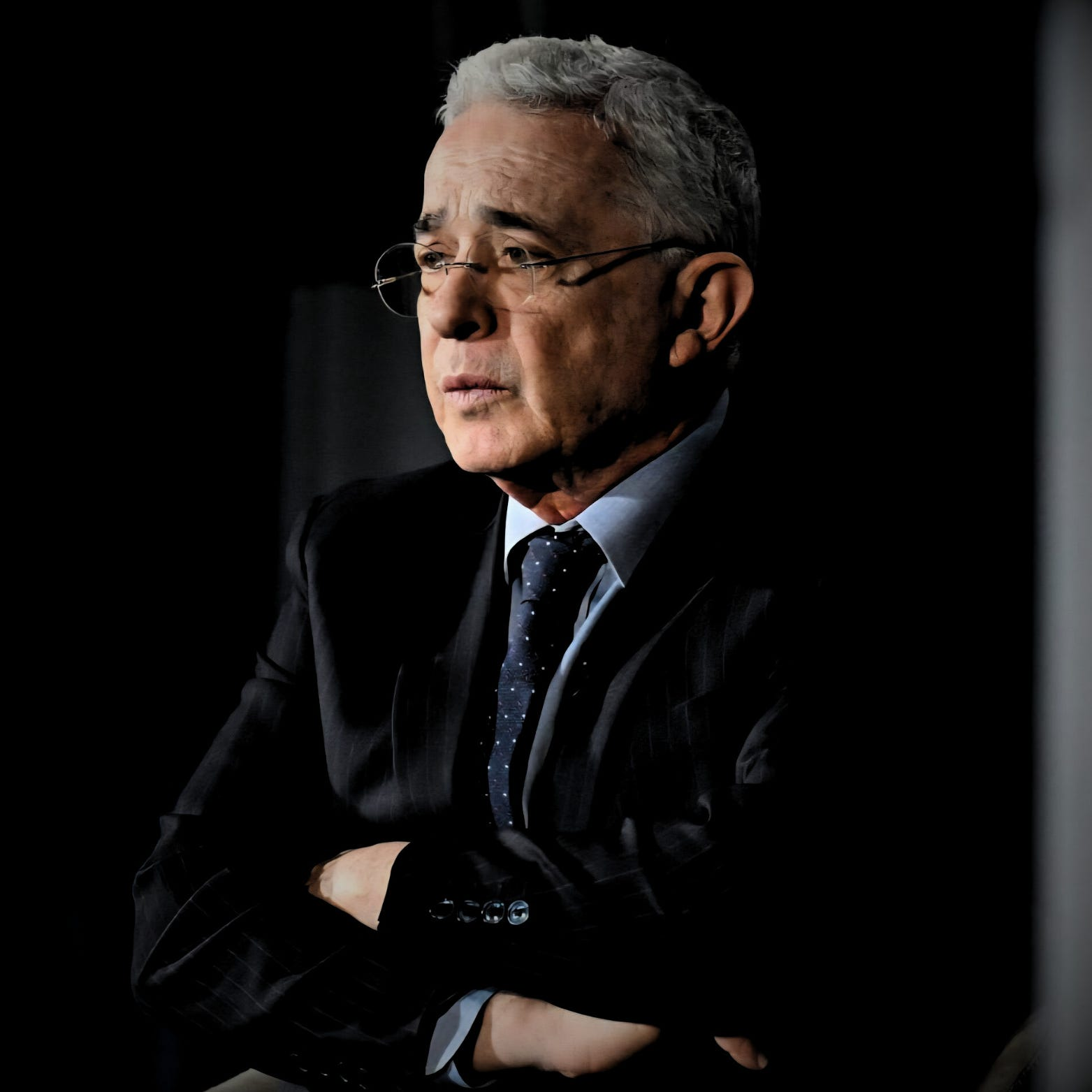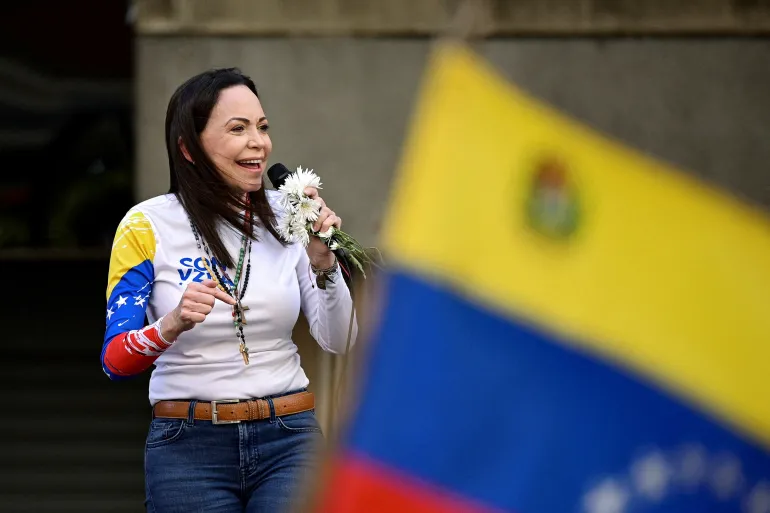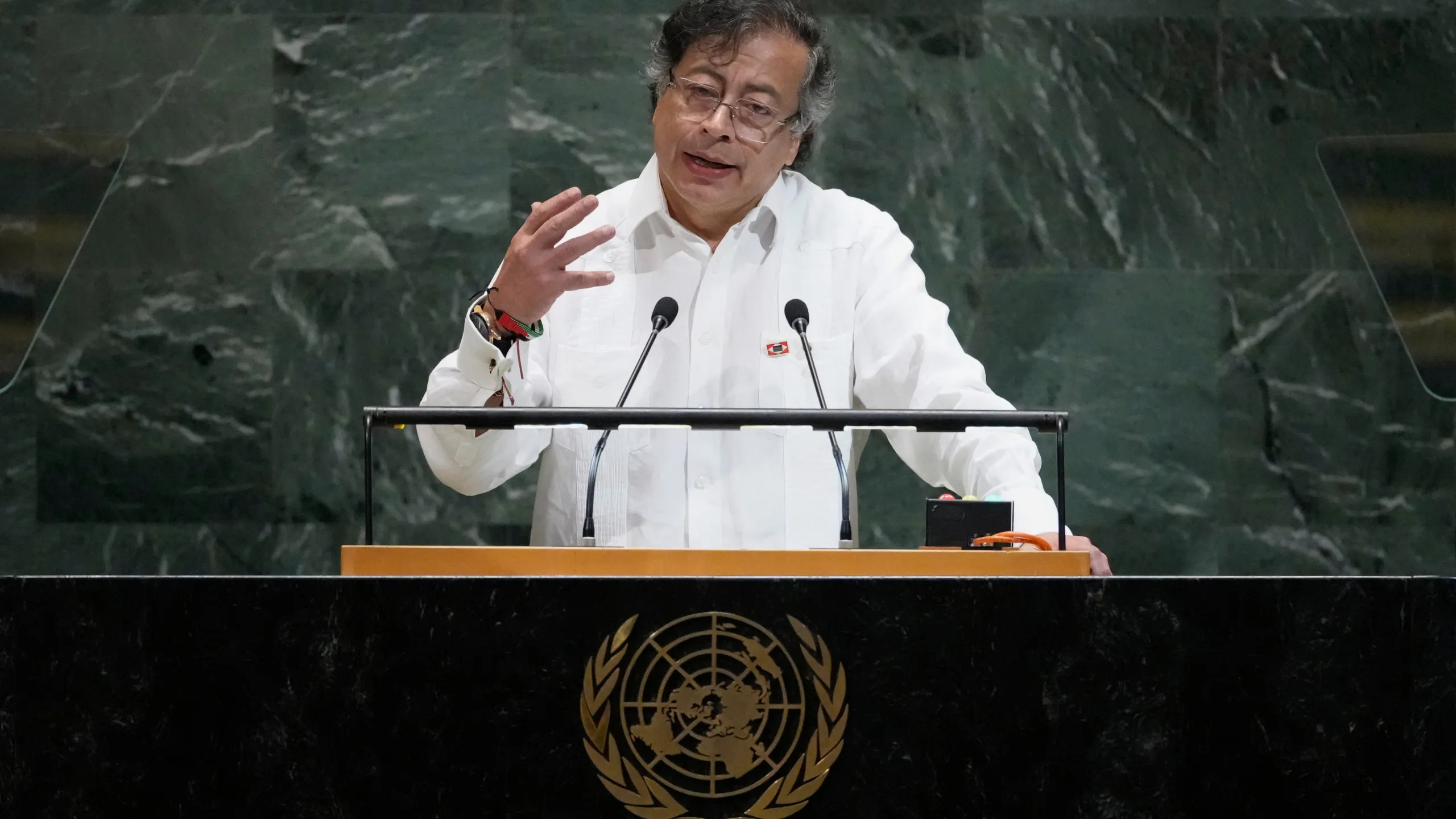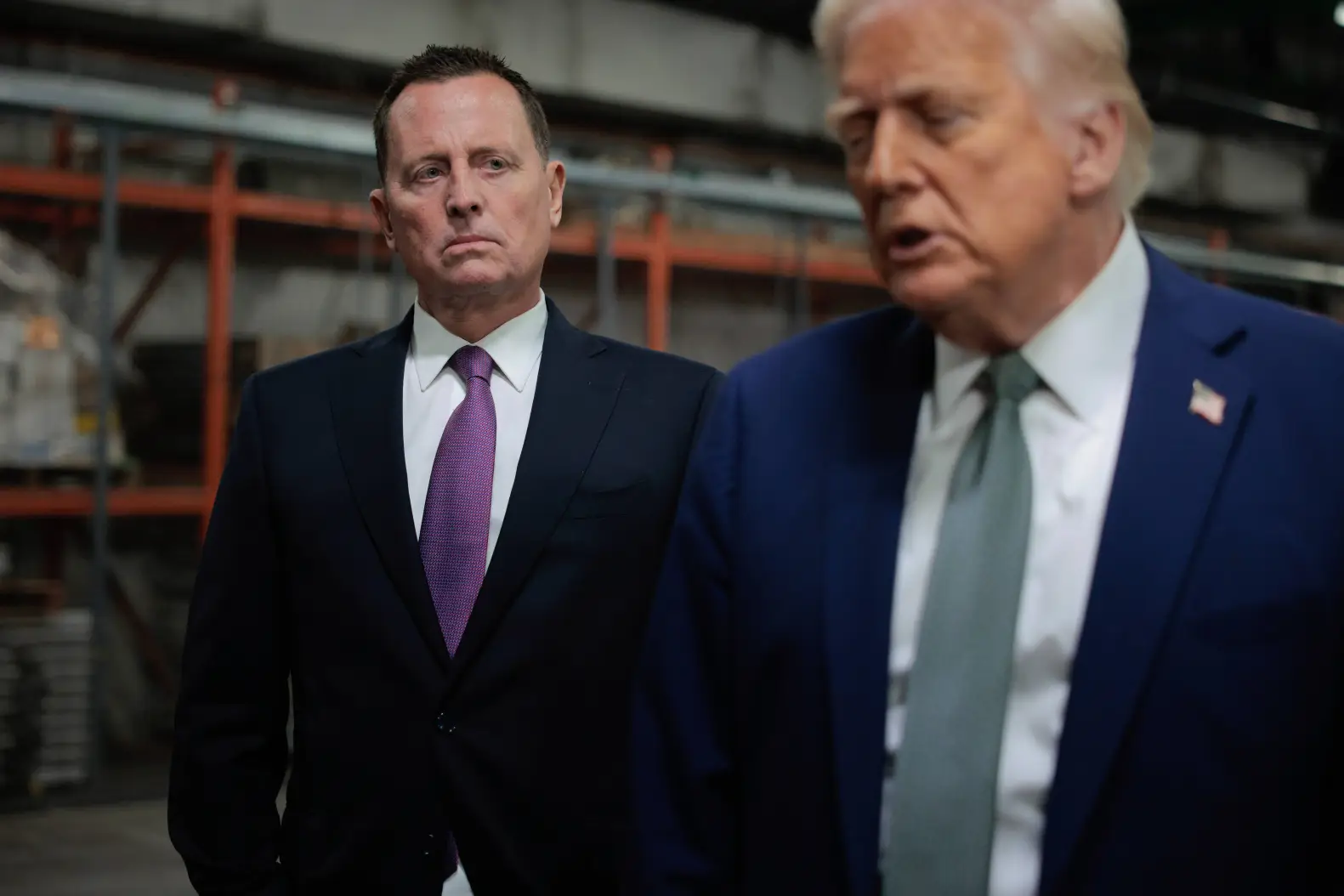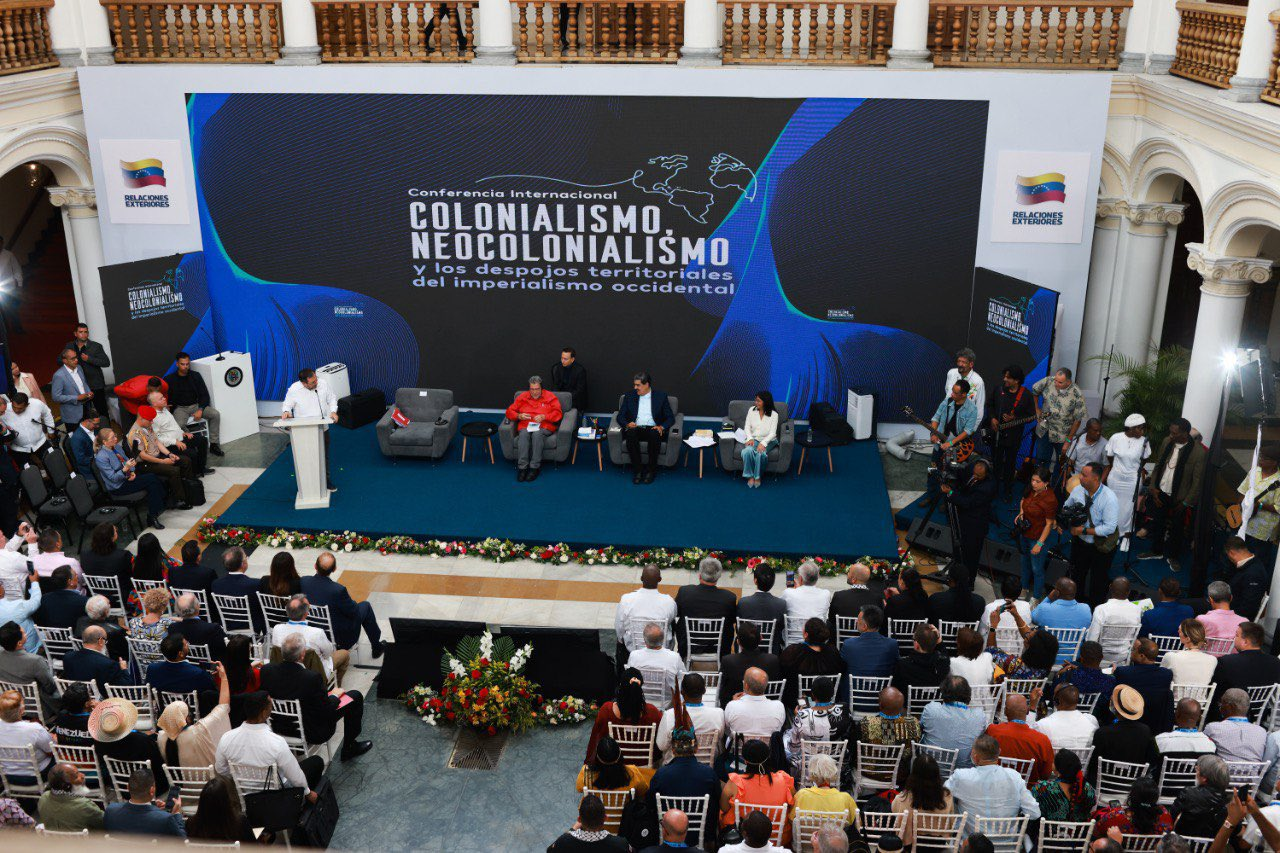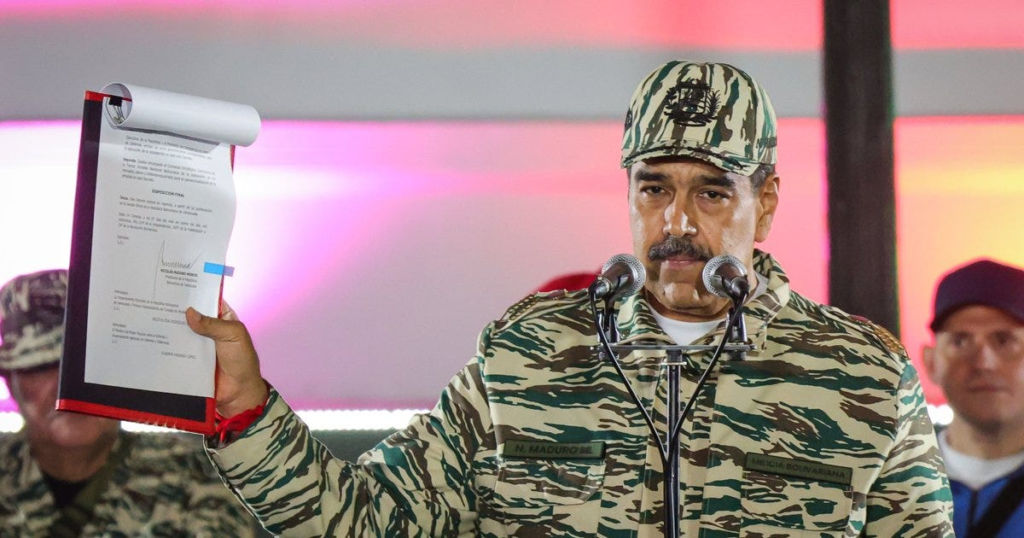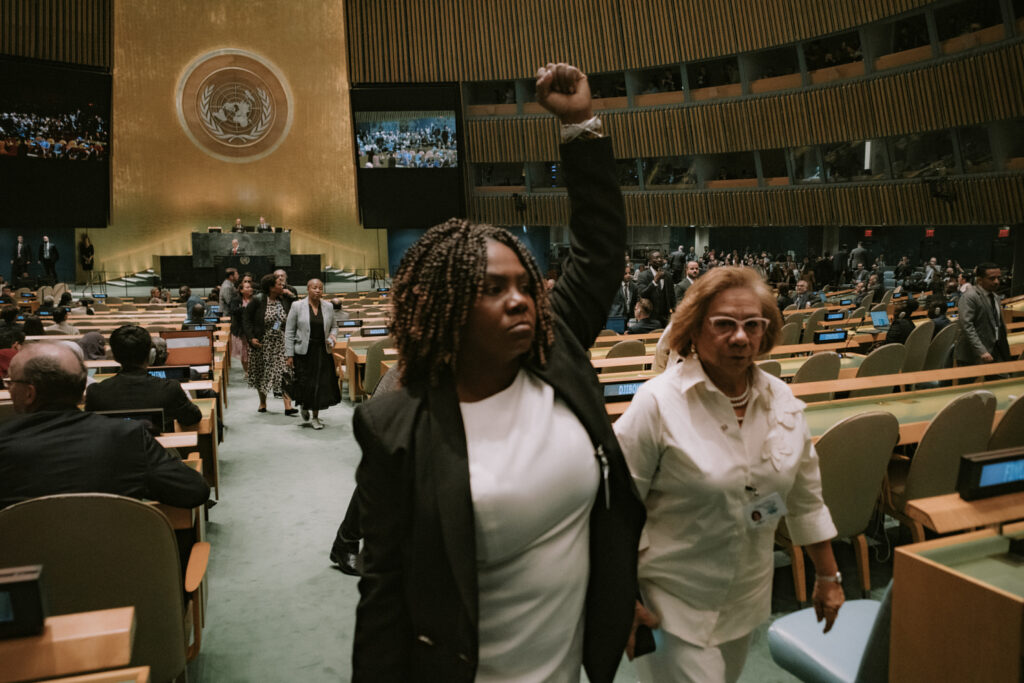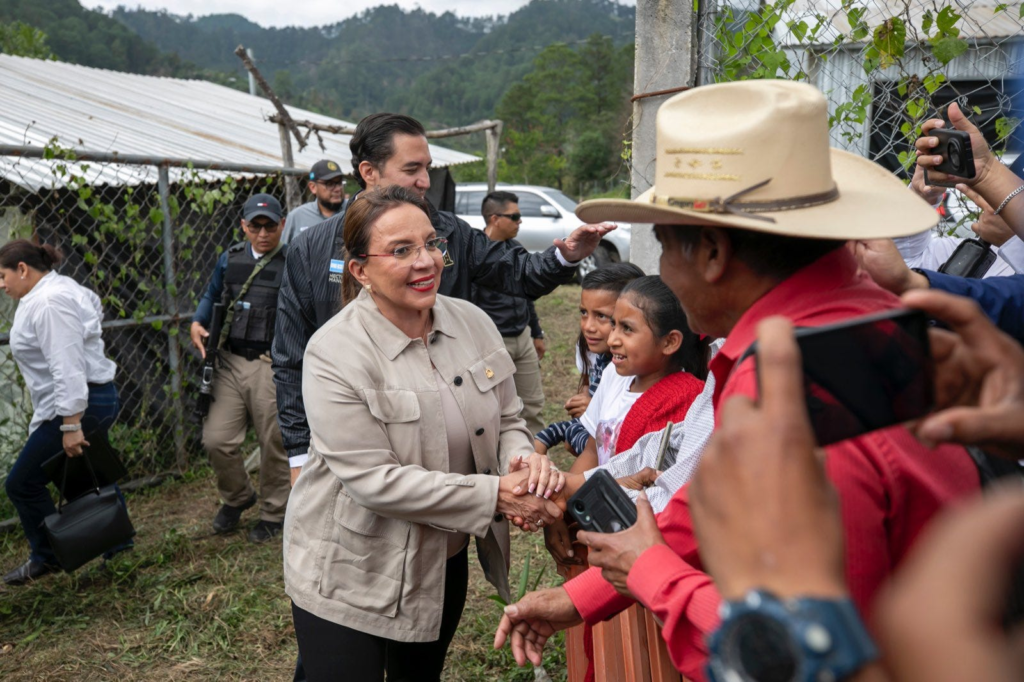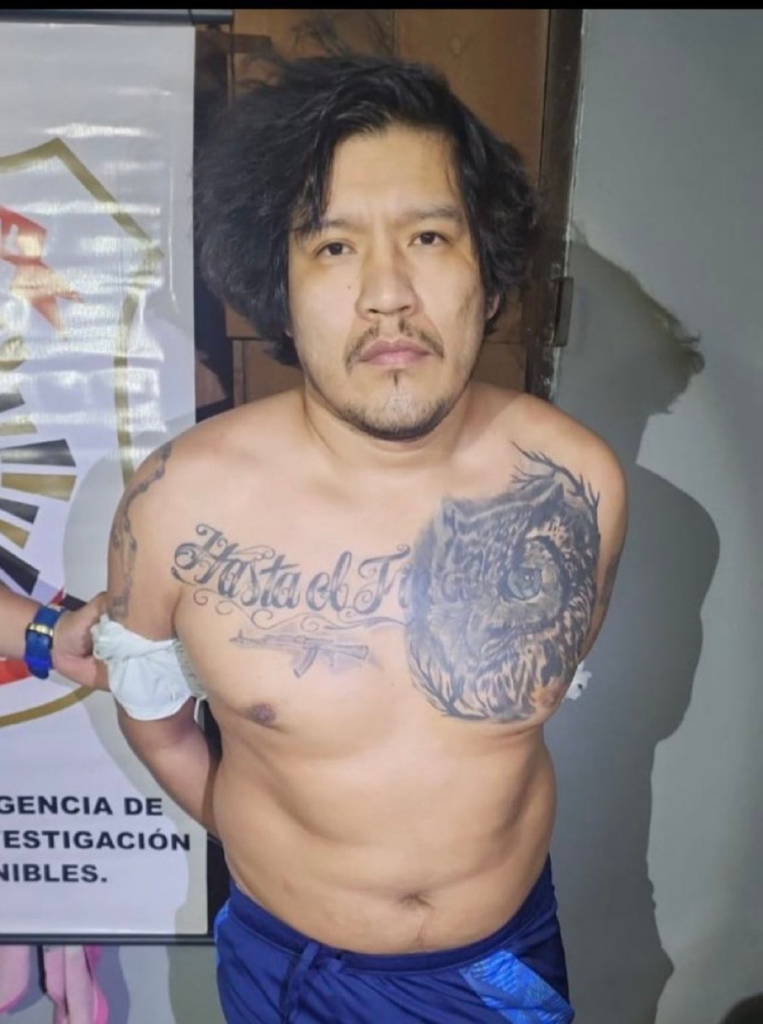The courtroom on Monday had the eyes of all of Colombia watching its developments, when by the mid-afternoon, Lower Court Judge Sandra Heredia handed down a bombshell ruling against conservative ex-President Álvaro Uribe Vélez, finding him guilty of fraud, bribery, and witness tampering in a case that has even further divided the nation.
Uribe, who still carries the aura of the quintessential South American conservative, adored by millions of Colombian citizens for his fearless stance against the nation’s rebel groups like the FARC, and staunchly unapologetic position on issues of crime and public security, was viewed as a folk hero by the more conservative, pro-U.S. voices of the Colombian citizenry.
Uribe, who held power as the nation’s president from 2002 – 2010, oversaw a brutal campaign against the Marxist-rebel organization, the Revolutionary Armed Forces of Colombia – FARC, and was criticized by the left-wing elements of the Colombian political system, including by various human rights organizations, who claim that Uribe is responsible for ordering a string of massacres that involved the notorious AUC units, or Autodefensas unidas de Colombia, U.S.-funded paramilitary units that operated with tremendous impunity against Colombian rebels and civilians.
Following his departure from the Casa de Nariño, Uribe had retained so much influence in Colombian politics that he had been entrusted by the conservative right to have a hand in the selection of two of his primary successors, Juan Manuel Santos (2010-2018) and Iván Duque (2018-2022).
On Monday, the 28th, Judge Heredia, who took up the case after the new Prosecutor, Luz Adriana Camargo, was nominated by the current left-wing president and ex-rebel of the M-19 guerrilla group, Gustavo Petro, after Francisco Barbosa, Camargo’s predecessor, had completed his term.
The case has followed a recurring trend commonly taking place throughout the rest of the Western Hemisphere, where a former president, out of office, who is often of conservative persuasion, is charged, tried, and convicted of crimes alleged by prosecutors who are often appointed by the defendant’s political opponents at the highest level of public office.
Such suspicions of coordinated judicial targeting of political opposition, known more contemporarily as “lawfare”, spread throughout the ranks of the followers and supporters of the accused, further dividing the nation along party lines.
Many of Uribe’s political allies in the Colombian senate have decried the trial and the allegations made against the ex-president as nothing more than just that – “lawfare.” The case has even garnered the attention of prominent members of the U.S. Congress and influential senators and socialist hawks, like Florida Representatives Maria Salazar and Carlos Giménez, who have built a track record of strong public statements in opposition to the Petro government.
Freshman U.S. Senator Bernie Moreno – of Colombian heritage – and the U.S. Secretary of State Marco Rubio have accused the Colombian administration of Gustavo Petro of “weaponizing the Colombian judicial system for political purposes.”
A very public diplomatic dispute between both governments blew up in the face of the Colombian president a few weeks ago after having to retract accusations made against the U.S. Department of State of attempting to coordinate a coup to oust Petro.
The case, however, originated with allegations made by Uribe himself against a congresswoman whom Uribe alleged to have tampered with witnesses to coordinate against him.
Investigations into the matter began at the nation’s Supreme Court, until the court turned the matter on its head in an ironic twist of legal maneuvering, ultimately investigating Uribe for the same crime he accused his political opponents of committing. The case involved a confusing, yet fascinating web of accusations, allegations, witness testimony, loose and dubious strings of hearsay and double-talk, and manipulations that attracted the eyes and ears of a nation.
Anti-Uribe voices clamored for his conviction, hoping that he finally pay for the alleged terrorism he perpetrated against poor rural farmers who were merely suspected of working with rebels when the Colombian Armed Forces campaigned on their brutal hunt against the equally violent FARC guerrillas in the mountainous hill regions of the country’s north and south. Uribe proponents believed their hero would be absolved of what they felt was a vicious political witch hunt.
In the end, Uribe was ultimately found guilty of two counts of procedural fraud and three counts of bribery of witnesses on Monday afternoon.
On Friday, the 1st of August, Uribe was sentenced to 12 years of house arrest, and the term was to be administered effective immediately.
Uribe’s defense team is expected to appeal the ruling to the higher courts, and ultimately to the Supreme Court, if necessary, the same public body in which the case began.

